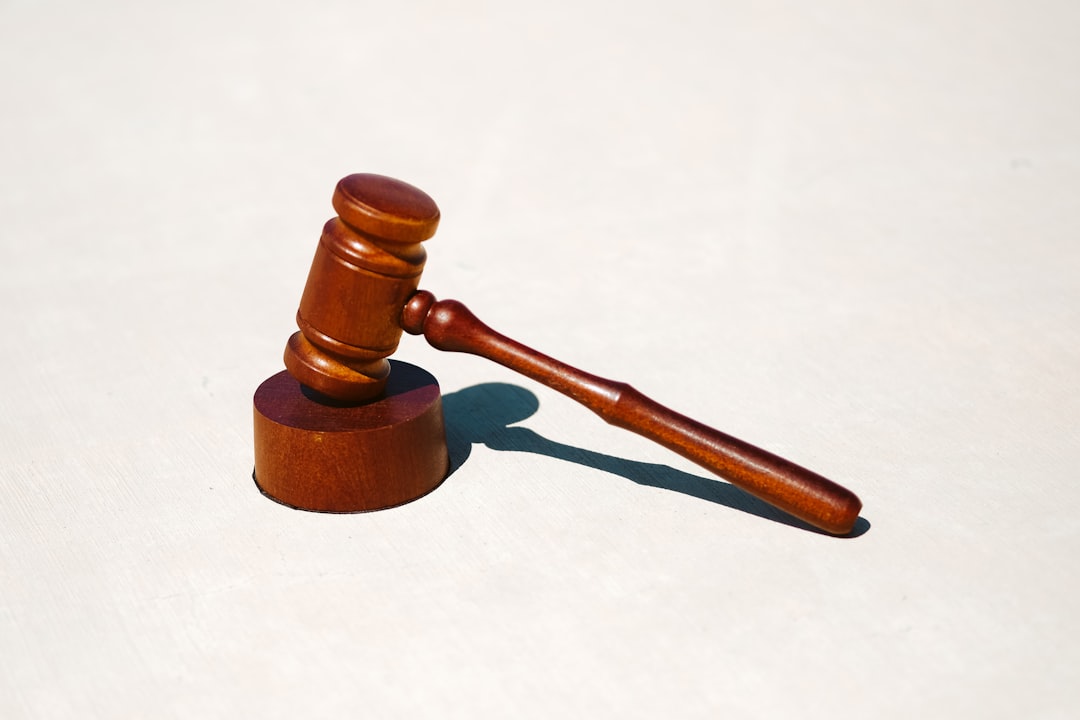South Carolina's Consumer Protection Code safeguards consumers from spam calls and unwanted telemarketing through strict regulations. A Spam Call law firm in South Carolina helps businesses comply with these laws, preventing legal issues and maintaining customer trust. For individuals facing harassment, the firm offers guidance and legal support to stop nuisance calls and interpret state regulations. By leveraging consumer protection laws, both businesses and consumers can navigate their rights, fostering a fair and transparent marketplace with specialized Spam Call law firms as key advocates.
In South Carolina, the Consumer Protection Code plays a vital role in safeguarding residents from unfair business practices. This article provides a comprehensive overview of the state’s spam call laws, delving into what constitutes a violation, the legal recourse available to consumers, and the crucial roles played by consumer protection agencies and legal action. For those seeking guidance on protecting their rights against unwanted calls and messages, this is an essential read, especially with the help of a reputable Spam Call law firm in South Carolina.
Understanding South Carolina's Spam Call Laws: A Comprehensive Overview

In South Carolina, the fight against spam calls has been strengthened by a comprehensive set of laws designed to protect consumers from unwanted and harassing phone communications. These regulations are part of the state’s Consumer Protection Code, specifically targeting telemarketers and call centers to ensure fair practices. The Spam Call law firm in South Carolina plays a vital role in navigating these complex legalities, assisting both businesses complying with the rules and individuals seeking relief from persistent spam calls.
Understanding these laws is crucial for both businesses making legitimate sales calls and consumers dealing with intrusive spam. The code outlines restrictions on call timing, requires prior consent for marketing calls, and mandates clear disclosures. Consumers have rights to opt-out of calls and seek legal remedies for violations. By adhering to these guidelines, South Carolina businesses can avoid costly lawsuits and maintain customer trust, while consumers can enjoy greater peace of mind and control over their phone communications.
What Is Considered a Violation? Unwanted Calls and Messages

In South Carolina, a violation under the Consumer Protection Code often arises from unwanted or abusive communication practices, particularly in relation to telemarketing and spam calls. The state’s Spam Call law firm helps consumers navigate this issue by offering guidance and legal assistance. Any attempt to market products or services through repeated or unsolicited phone calls, text messages, or emails can be considered a violation. These communications are typically unwanted when the recipient has not given explicit consent for such marketing efforts.
South Carolina’s Consumer Protection Code prohibits businesses from engaging in aggressive or deceptive telemarketing tactics, including making prerecorded calls without an opt-out option and sending spam messages that are false or misleading. Consumers have rights to stop these nuisance calls, and a reputable Spam Call law firm can assist in blocking and reporting excessive or inappropriate communication, ensuring compliance with state laws.
Legal Recourse for Consumers: Protecting Your Rights

In South Carolina, consumers have a range of legal protections under the Consumer Protection Code, which is designed to safeguard their rights in various transactions. If you’ve been a victim of unfair or deceptive practices, there are several avenues for recourse. One common issue that many South Carolinians face is unwanted spam calls, which can be particularly invasive and distressing. A reputable spam call law firm can provide guidance on how to navigate these issues, often involving communication with telemarketers and ensuring compliance with state laws designed to curb such practices.
Understanding your rights under the Consumer Protection Code empowers you to take action. If you’ve experienced problems with faulty goods, misrepresented services, or unfair billing, a legal professional can help interpret the law and pursue appropriate remedies. These may include refunds, repairs, or other compensation, ensuring that businesses adhere to ethical standards in their dealings with consumers.
The Role of Consumer Protection Agencies and Legal Action

In South Carolina, consumer protection agencies play a pivotal role in safeguarding residents from unfair business practices. These agencies act as watchdogs, investigating complaints and taking necessary actions against violators. When consumers face issues like spam calls or deceptive marketing tactics, they can file complaints with these agencies, which then work to resolve the disputes. Many cases are resolved through negotiations or mediations, ensuring a fair outcome for the consumer without the need for legal action.
However, when traditional dispute resolution methods fail, consumers have the right to seek legal assistance from a South Carolina spam call law firm. These legal professionals specialize in consumer protection laws and can take proactive measures, including filing lawsuits against businesses that engage in illegal practices. By holding these entities accountable, they contribute to creating a more transparent and trustworthy marketplace for all South Carolina residents.






